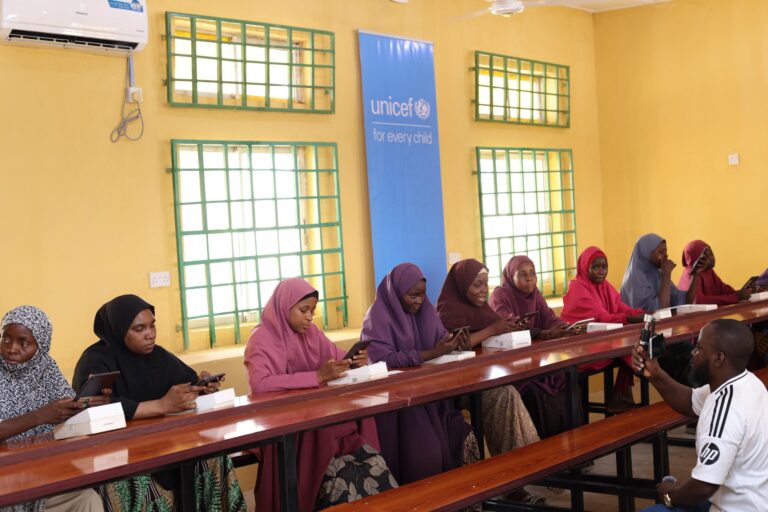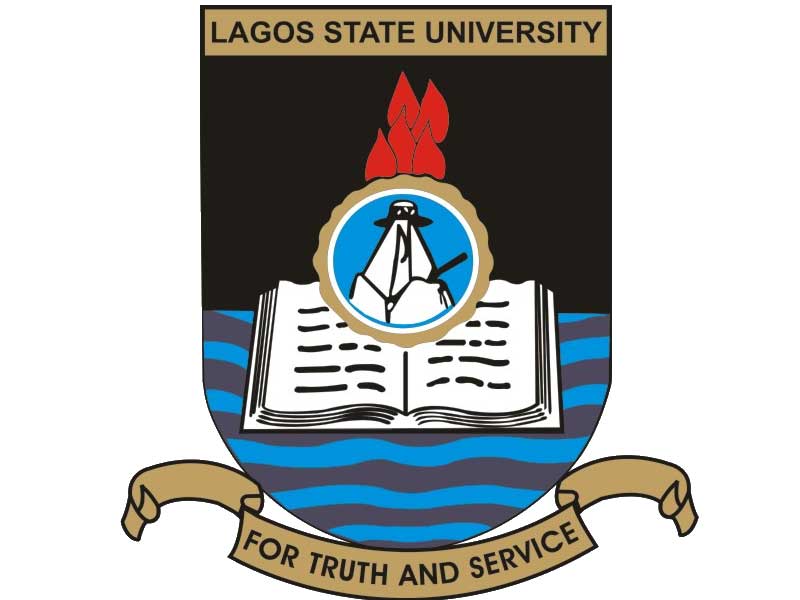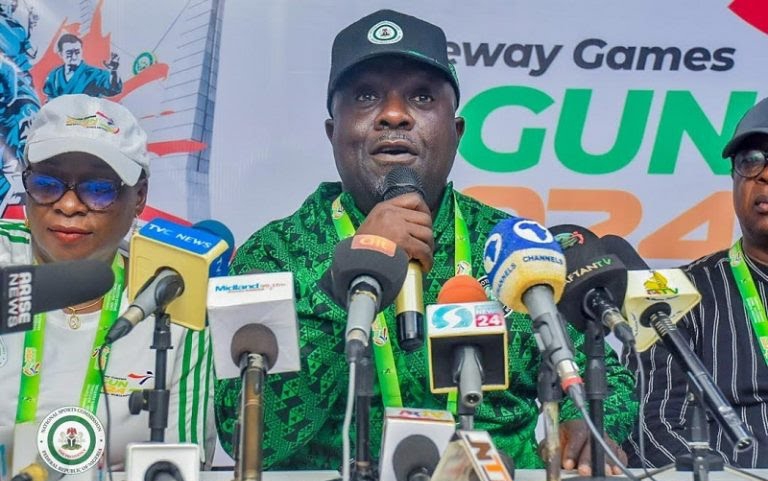311 total views today
By Joshua Olomu
Mr Olugbile Holloway, Director-General, National Commission for Museums and Monuments (NCMM), has urged the National Assembly (NASS) to ensure improved funding for the culture and creative sector.
Holloway made the call at an event organised by the commission to celebrate the 2025 International Museum Day (IMD) at the Chinese Cultural Centre on Tuesday in Abuja.
He said this would enable the sector contribute more to national economic growth.
According to him, as Nigeria seeks to diversify its revenue mainstay from oil, the culture and creative sector presents itself as a veritable option, if adequate attention was given to it.
He said President Bola Tinubu saw the sector as a viable source to significantly grow the economy and cause a paradigm shift from dependence on oil, and gave it a stand-alone ministry.
The NCMM helmsman, however, noted that adequate funding was needed to reposition the sector and harness the vast opportunities it offers for job creation, tourism growth and increased contribution to GDP.
He therefore urged the NASS, especially its committees on the sector, to prioritise its funding to boost the sector’s expansion for job creation and economic growth.
The NCMM helmsman added that the commission was presently working towards revamping museums across the country.
He however added that because of the huge funding required for the projects, the commission was seeking public-private partnerships for the projects.
“The sector has vast opportunities to turn-around our economy, and our Museums as critical cultural assets need adequate funding.
“At the NCMM, we have competent officers and workforce who only needed to be given the necessary support.
“I am using this opportunity to appeal to the National Assembly to pay more attention to this sector and allocate more funds.
“For the museum and heritage sector to thrive and remain relevant in today’s dynamic environment there must be significant investment.
“In line with the theme of the day, the commission is embracing technology and new media as strategic tools for cultural promotion”, he said.
According to him, the nation has rich cultural and historic heritages, as well as artifacts which need to be showcased to the world to make Nigeria a choice tourist destination.
He said that museum space is a very good opportunity to boost tourism by showcasing Nigeria’s cultural heritage because people all over the world are very interested in Nigerian culture.
The DG said the commission was utilising digital platforms to showcase collections of heritage stories, including the creative use of Artificial Intelligence (AI) on public billboards across major Nigerian cities, particularly in Lagos.
In his speech,Gabriel Zock, Chairman House Committee on Culture and Tourism, lauded NCMM for championing reforms in the culture and tourism sectors.
The member representing Kachia/Kagarko Federal Constituency said the nation’s culture and tourism sector has suffered neglect over the years, and needed major reforms to add meaningfully to national economy.
“The reason why we are here today is to celebrate culture, and to celebrate what God has blessed us with, and it shows that culture is very important.
It is amazing that today when we travel to the rest of the world, the first thing we want to do is to visit their cultural heritage, and we must showcase our own
“As a committee, we are drawing a plan on how to work with the agencies and support them to have good funding.
“I have promises the NCMM and other agencies under my watch that whatever they need to succeed , we the committee members will make sure we get it done.
“We will work with the budget office, the Ministry of Finance, and with other appropriations offices to make sure that this agencies get what they need”, he said.
Earlier in her keynote address, Hannatu Musawa, Minister of Art, Culture and Creative Economy, said the ministry was committed to revamping museums across the country
The minister, who was represented by the Permanent Secretary of the ministry, Dr Mukhtar Muhammad, said preserving and promoting Nigerian’s rich cultural heritage to the world was a priority of the ministry.
“As we navigate the complexities of a rapidly changing world, it will interest us to know that museums are poised to play pivotal roles in shaping our collective future.
“In an era marked by technological advancements, cultural, demographic shifts, and societal evolution, museums must adapt to remain relevant and impactful.
“Museums should also come in handy in addressing pressing global issues such as climate change, social justice, and cultural heritage preservation, and also foster community partnerships collaborations, and co-creation.
“Using them as platforms for marginalised voices, promoting empathy, understanding, preserving and showcasing our cultural heritage should be born in our minds while also addressing contemporary challenges.
“It is imperative to note that as the world is rapidly revolving, so is our museum, therefore, museums should not be seen as static walls, but about open doors, not about holding ons; but about reaching out to diverse communities”, she said.
NAN reports that International Museum Day, coordinated by the International Council of Museums (ICOM), is held annually on May 18.
It provides the opportunity for museum professionals to meet the public and alert them as to the challenges that museums face, and raise public awareness on the role museums play in the development of society.
It also promotes dialogue between museum professionals and highlights a specific theme which changes every year reflecting a relevant theme or issue facing museums internationally.
“This year’s theme is “The Future of Museums in Rapidly Changing Communities”.(NAN) (nannews.ng)
Edited by Ekemini Ladejobi













